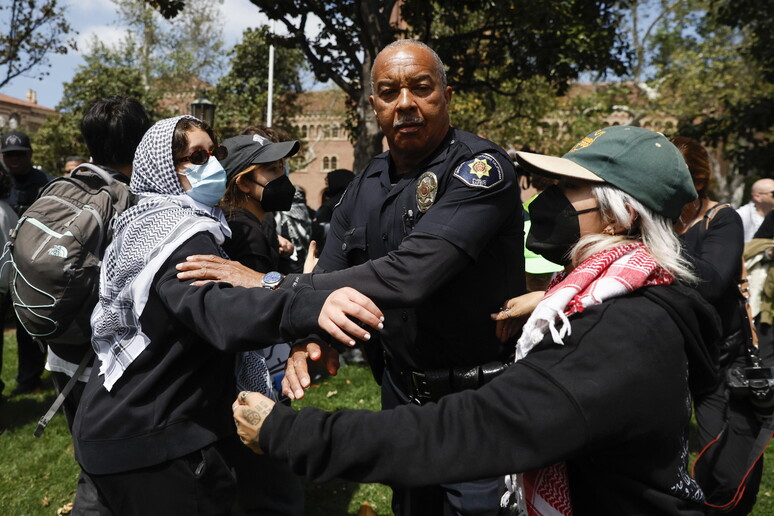It has happened again. Another international student has been arrested by Immigration and Customs Enforcement (ICE) agents, this time in Minnesota. A PhD student from the Carlson School of Management was taken from his off-campus residence, in an operation that sparked a wave of outrage and protests. Students and faculty are denouncing a growing crackdown, while the university and Governor Tim Walz of the state are demanding explanations from federal authorities.
University officials have expressed strong concern over the incident, stating that they had not shared any information with the agents and were not informed in advance of what was about to happen.
The arrest of the student fits into a broader context of measures taken by the Trump administration against foreign students suspected of having ties to terrorist groups or of participating in anti-Israel protests. Similar incidents have occurred at Columbia University in New York, Tufts, in Alabama, and in Boston, with around 300 visas revoked under the direction of Secretary of State Marco Rubio, who confirmed the government’s tough stance and emphasized that permits will be revoked daily for anyone considered a potential threat to national security.
Among the most high-profile cases is that of Mahmoud Khalil, a former graduate student at Columbia University, arrested for allegedly organizing pro-Palestinian protests. Yunseo Chung, a Korean-American student, despite having her deportation temporarily blocked, was subjected to expulsion proceedings following her participation in protests at Barnard College campus in New York. Meanwhile, Alireza Doroudi, an Iranian student attending the University of Alabama, was arrested by ICE at his off-campus residence in Tuscaloosa.
The academic community is in turmoil: mobilizations and sit-ins are multiplying across campuses, with students and faculty denouncing violations of the First Amendment. The dean of the Carlson School of Management at the University of Minnesota, Jamie Prenkert, highlighted how such incidents can have a profound impact on the university community and reiterated support for international students during a period of growing uncertainty over federal policies.
Meanwhile, the debate is heating up: the Trump administration defends its national security decisions, while activism in defense of freedom of expression continues to grow. Protests show no signs of slowing down, and the tension remains high. For many young people, the American dream seems increasingly distant, replaced by the heavy shadow of an uncertain future.












